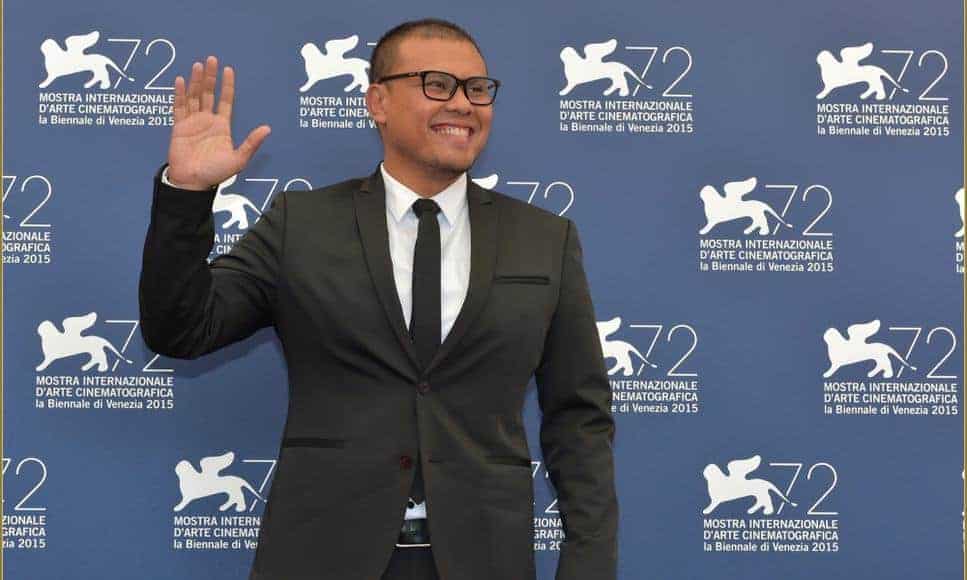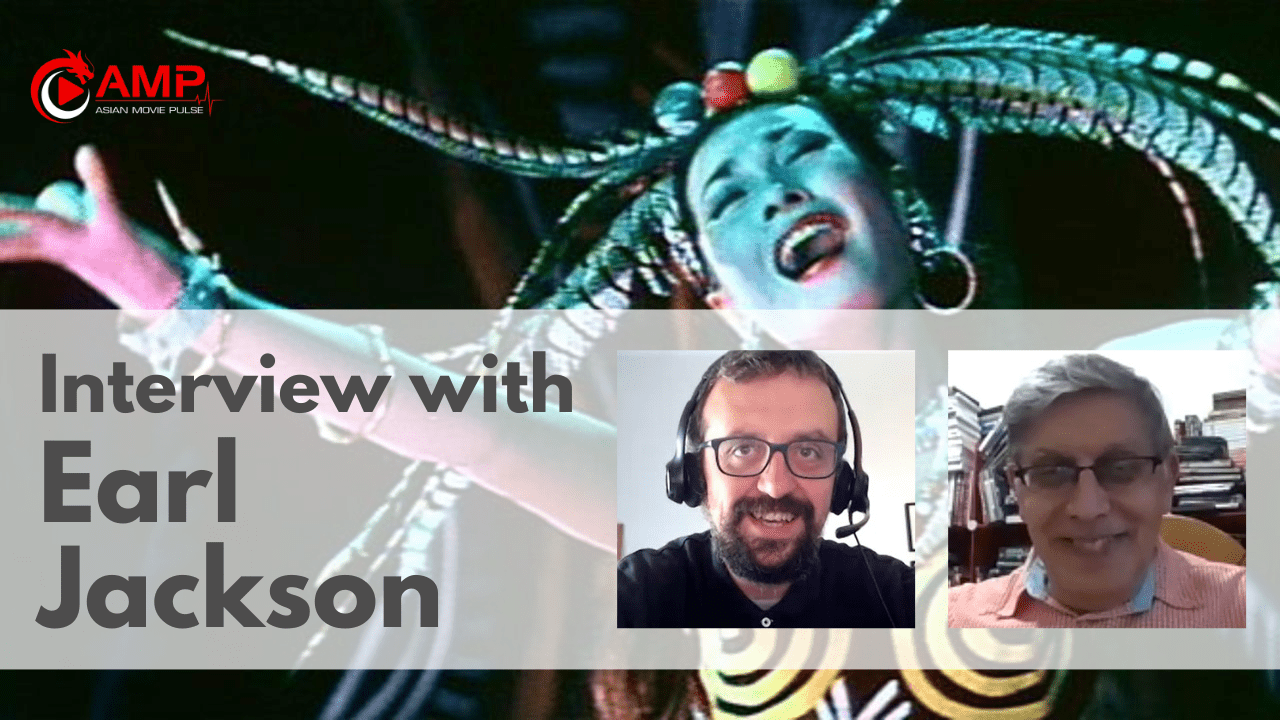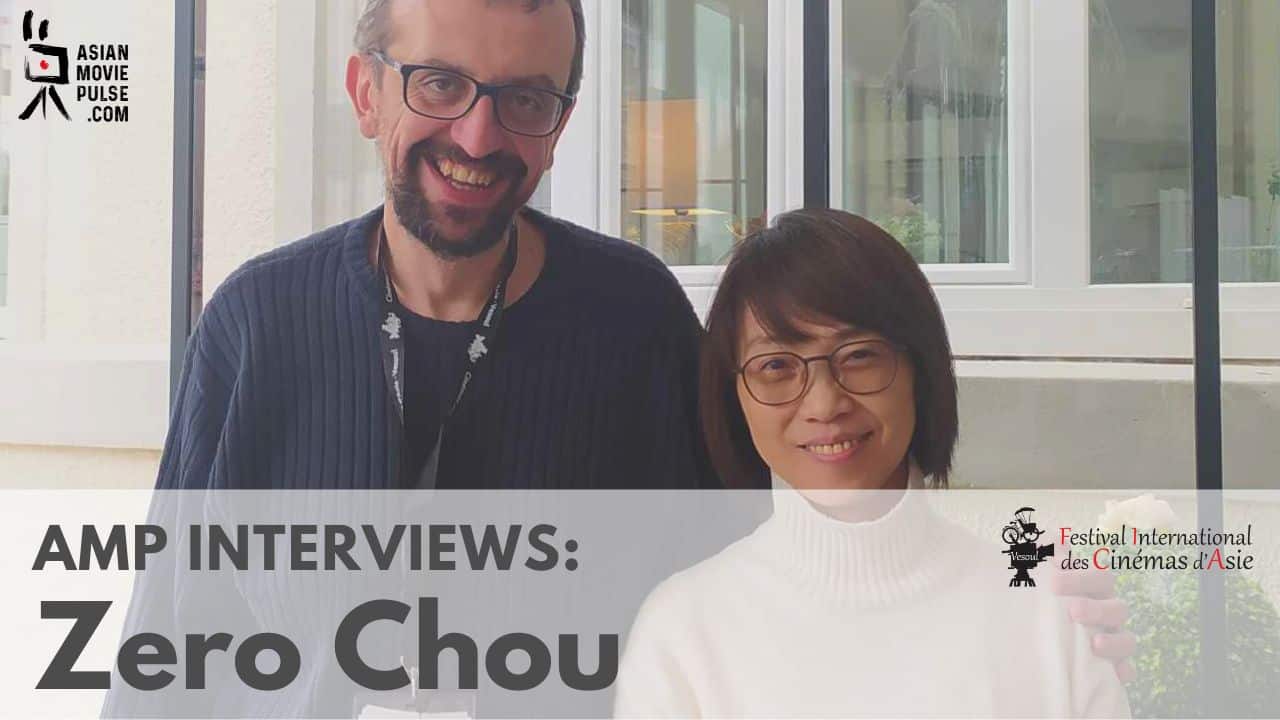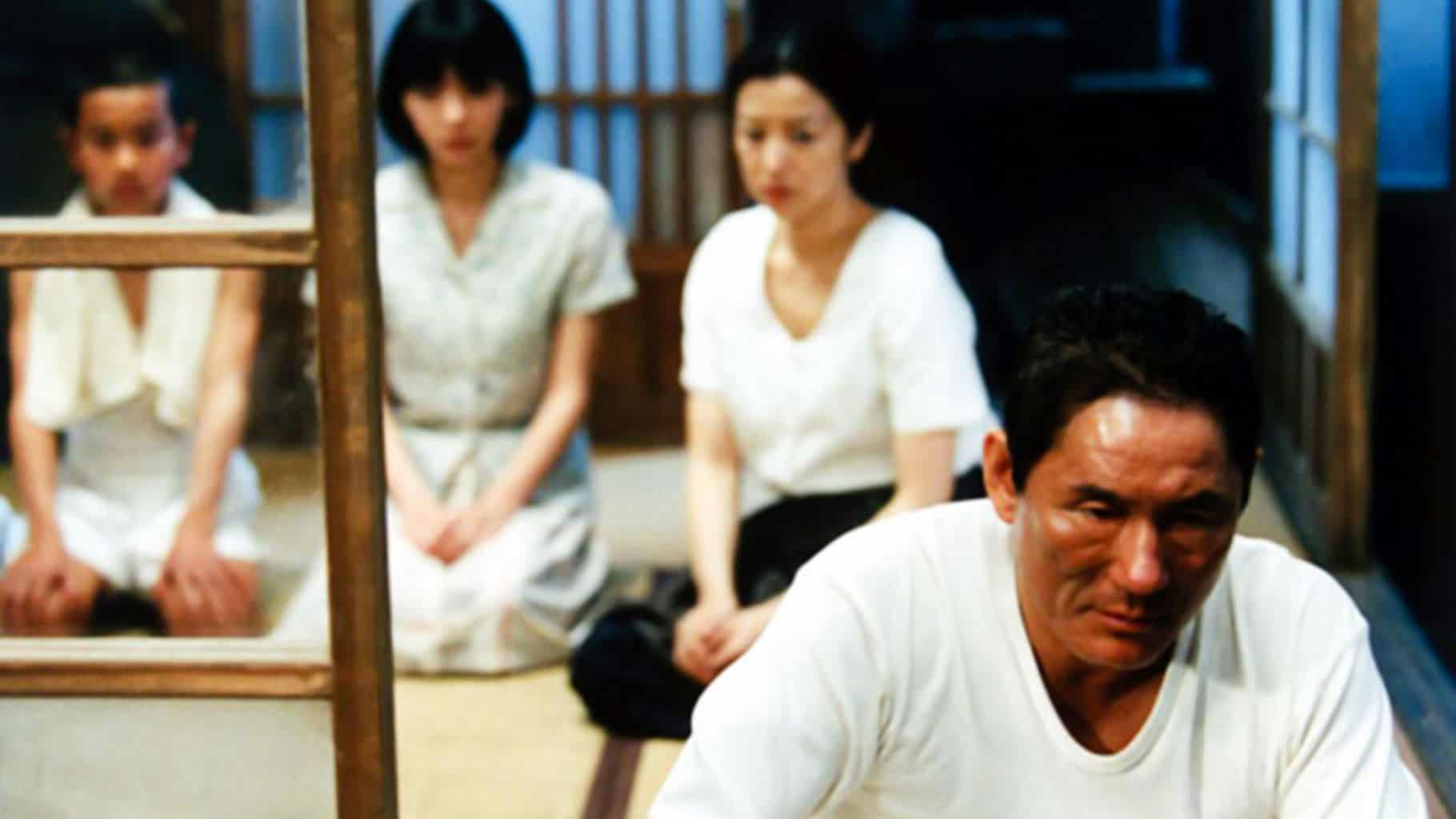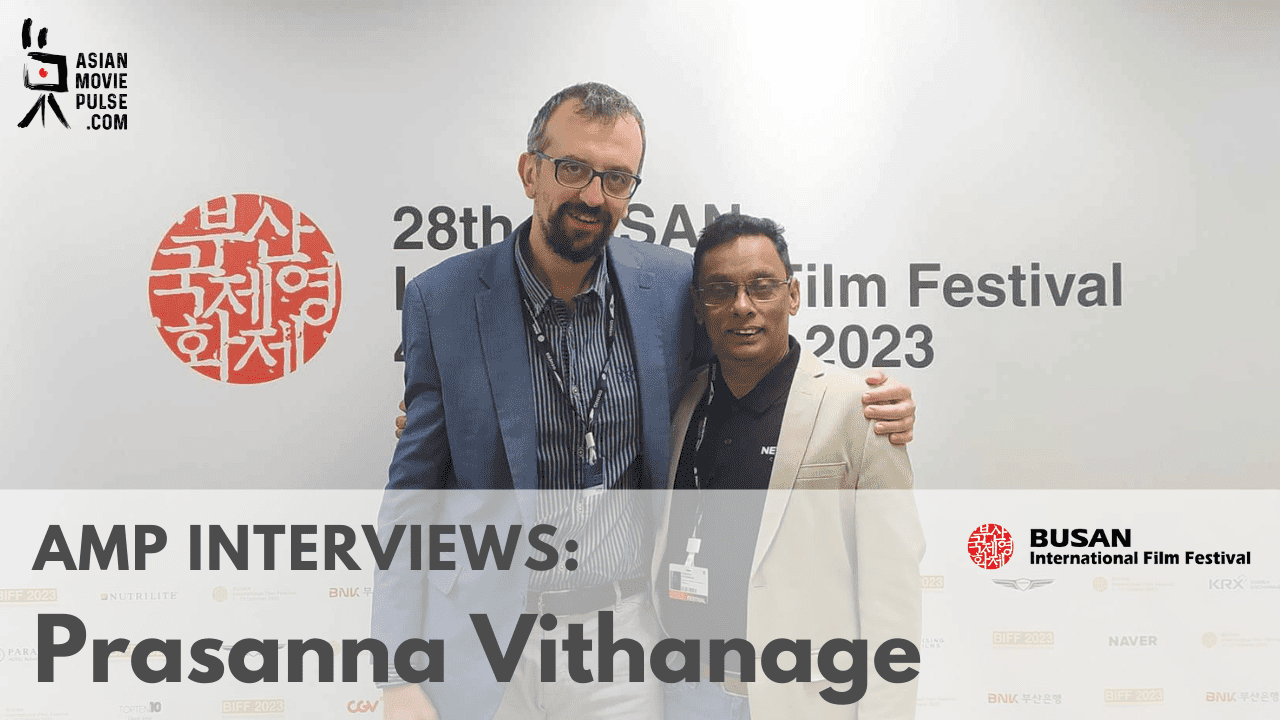The interview was conducted in 2017
Joko Anwar is already an established filmmaker, both in his country and internationally. He started his career in cinema as a film critic, continued as a scriptwriter, while his directorial debut came in 2005, with “Joni's Promise”. His next two films “Kala” and “Forbidden Door“, received rave reviews from critics, and screened in festivals all over the world. In 2012 he shot “Ritual” and in 2015 “A Copy of my Mind“
We talk to him about his career, his success, making movies, violence and humor, and many more issues.
Before becoming a filmmaker, you were a film critic. Did that affect the way you look at films and the way you deal with critics?
When I was a critic, I was actually looking at films the way I had been before I was a critic: as a fan of films. And I am still now. I never looked for something to criticize. I always wanted to enjoy a film when I started watching.
I consider myself lucky because criticism never bothers me. There's always something you can learn from a review, either about your work or about the audience. When promoting my films on social media, I always repost not only glowing reviews but scathing reviews as well. I think it just feels more dignified as a creator to do so.
As a critic, did you ever slam a film?
Yeah, I guess I did. But more as a frustrated fan, though. I'm not sure if that's worse, haha.
From the first time you dealt with films, as a writer in Arisan, you were successful, and this success never actually left you, as your films are both commercially successful and acclaimed by the critics. Why is that you think?
I don't know haha. I wish I did so I can replicate the formula each time.
“Kala” and “The Forbidden Door” feature extreme, but quite original scripts. Where did you draw inspiration from, to come up with such scripts?
It's very important for a screenwriter to get excited about what they're writing, so I always try to find something to amuse myself. Being cheeky and not taking yourself seriously is the key.
And in general, what inspires you?
I am always inspired by real-life situations around me, either social or political.
Most of your films feature much violence, occasionally quite graphically depicted. Why is that?
I am not a fan of violence for violence's sake in movies. Not even a fan of gore when it's gratuitous and numbing. I like Cronenberg violence. Just like other elements, violence should be used for storytelling. So far, that's what I'm trying to do with the element of violence in my works.
I have seen some great acting in your films, from Fachry Albar, Ario Bayu in the aforementioned films, and Tara Basro and Chicco Jerikho in “A Copy of My Mind”. How do you go about instructing your actors and what do you look for in them when you are casting?
The biggest task for a director is to be able to make your crew and cast come up with their best. Some directors use pressure. Most of the time, I try to make them feel comfortable to slip into their characters. I become an actor to be able to feel how it feels like to be directed, so I can help my actors more. The methods can be different for each actor. You can't give the same method to every actor. During the audition, I always look for those who are equally confident and fragile.
In “A copy of my Mind” you mentioned that you shot some scenes in places not even the police or the army would go. Where did you find the courage, how did you persuade your crew to follow you, and will you do it again?
You can't just tell your crew what to do and stay behind. You have to be leading from the front. In some places, like the piracy area owned by the mafia, I took the camera first and went into the place and shot. You have to be ready to be the first one to go. And of course I will do it again.
In this film, you show a great sense of humor, in a number of hilarious scenes, in an element that was not so common in your previous works. How did that occur?
Really? I think all my films are funny. Haha…
Is “piracy” as common in Jakarta as portrayed in the film?
Yes. It's very rampant. And so far no authority is doing enough to take care of it.

“A Copy of my Mind” is the first part of a trilogy. What would the other parts be about?
The second one is called ‘Remarkable Things during a Killing', which tells the story about the kidnapper from the first movie. About him living in a more and more radicalized area and needing to raise money to move his family. The third part is the meeting of the two storylines.
You are currently working for a TV series, “Halfworlds”. Can you tell me a bit about it?
I directed and co-wrote the first season. It was fun. Horror is my first love in the cinema.
Do you enjoy working on TV as much as on cinema?
It feels the same really.
You seem to work non-stop, for consecutive years, shooting and promoting your films. Do you ever feel tired?
I actually feel that I slack off. I need to be more productive haha. This year I got two feature-length projects.
What is the situation with the Indonesian cinema now?
Last year was a big year for Indonesian cinema. Attendance for local movies almost tripled. I think local audience today got more faith in local movies, commercial or arthouse. This year it's gonna be more interesting.
Do you believe that the new political situation will help local cinema?
I believe cinema depends on the cinema itself. The government can help with more favorable regulations but filmmakers themselves have to keep the audience excited with their works.
Which are your influences as a filmmaker, and what kind of films do you like to watch?
I watch all kinds of films. My list of favorite films of all time will include Kurosawa's and Peyton Reed's Bring it On. Haha.
What are your plans for the future?
Stay excited in making films.


